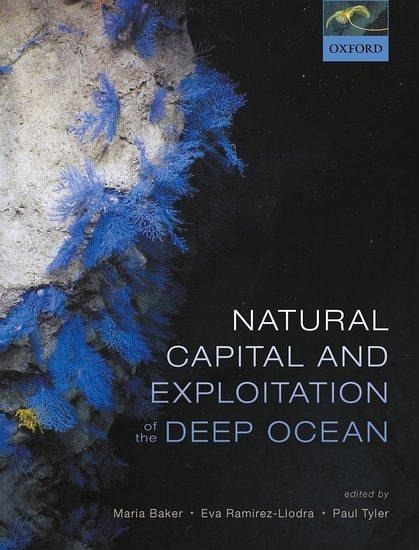Nicht lieferbar

Natural Capital and Exploitation of the Deep Ocean
Versandkostenfrei!
Nicht lieferbar
The deep ocean is the planet's largest biome and holds a wealth of potential natural assets. This book gives a comprehensive account of its geological and physical processes, ecology and biology, exploitation, management, and conservation.



